UNILATERAL ROSTRAL MANDIBULECTOMY
Unilateral rostral mandibulectomy is a surgical procedure involving removal of half of the mandible rostral to the second premolar tooth. This technique is indicated for benign oral tumors, such as acanthomatous ameloblastoma and either small or low-grade malignant tumors, which have not crossed the midline.
The overall complication rate following unilateral rostral mandibulectomy in dogs is 12%. The most common complications are wound dehiscence (2%-8%) and short-term eating difficulties (up to 44% overall with 30%, 70%, 90%, and 97% of dogs returning to voluntary eating by day 1, 2, 3, and 4, respectively). The median time to return to voluntary eating is 1 day following unilateral rostral mandibulectomy in dogs.
Complications are more frequently encountered in cats with 98% of cats having short-term complications and 76% of cats having long-term complications. The most common complication is eating difficulties and this is seen in 72% of cats with 12% of cats never eating again. Despite this high complication rate and need for supplemental nutrition via a feeding tube postoperatively, 83% of owners were satisfied with the outcome following mandibulectomy in their cats.
PRE- AND POST-OPERATIVE APPEARANCE
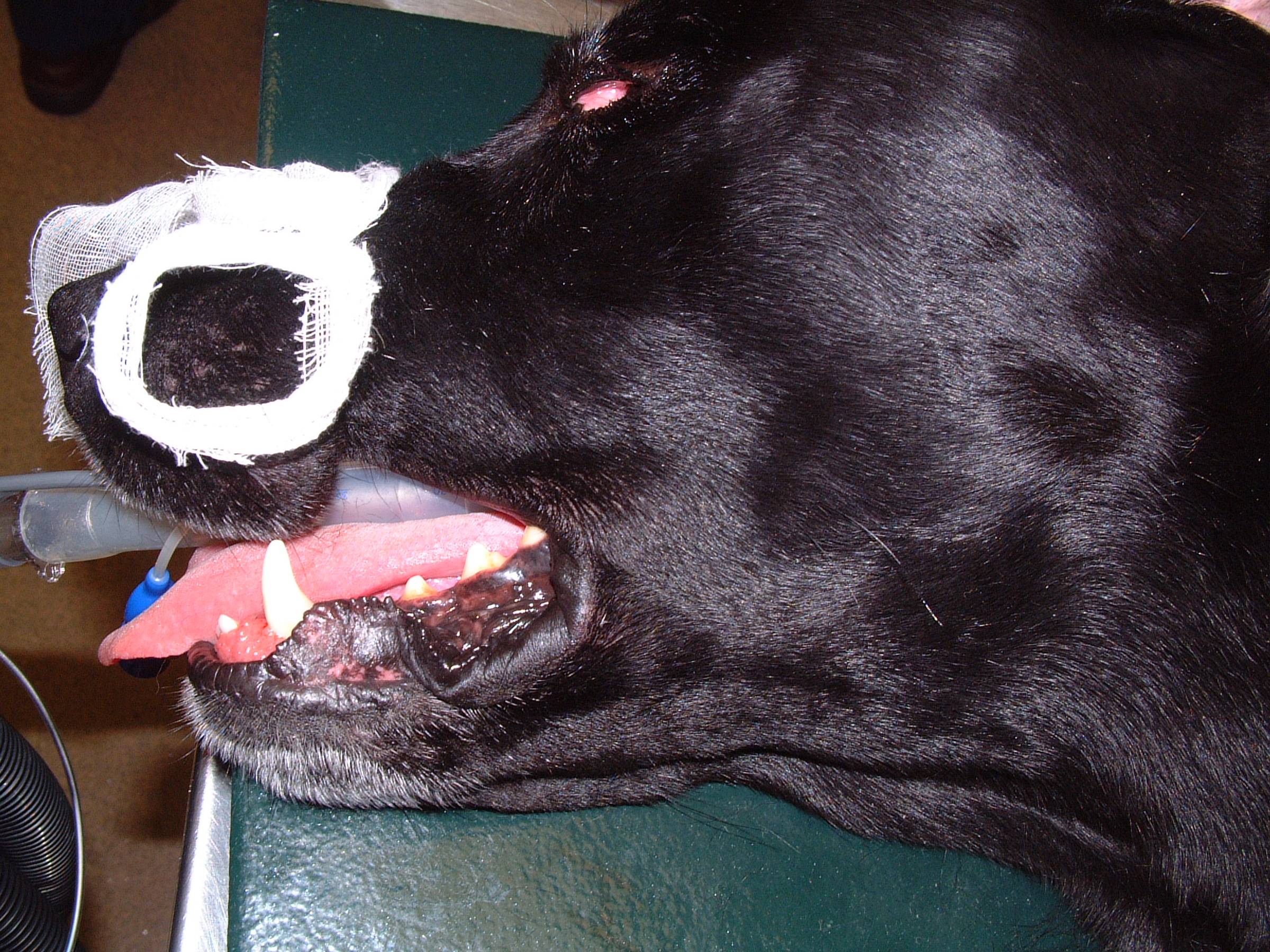
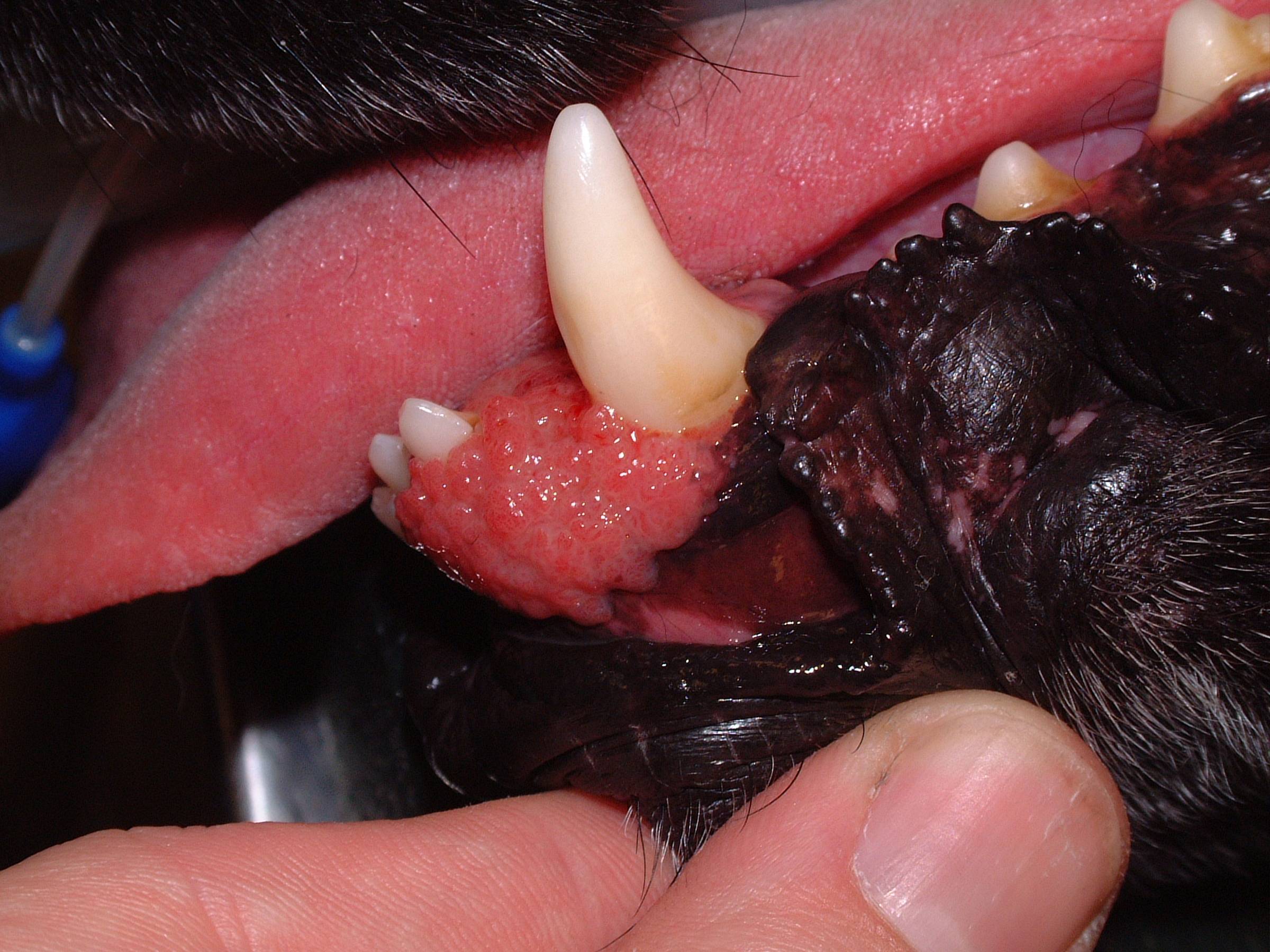
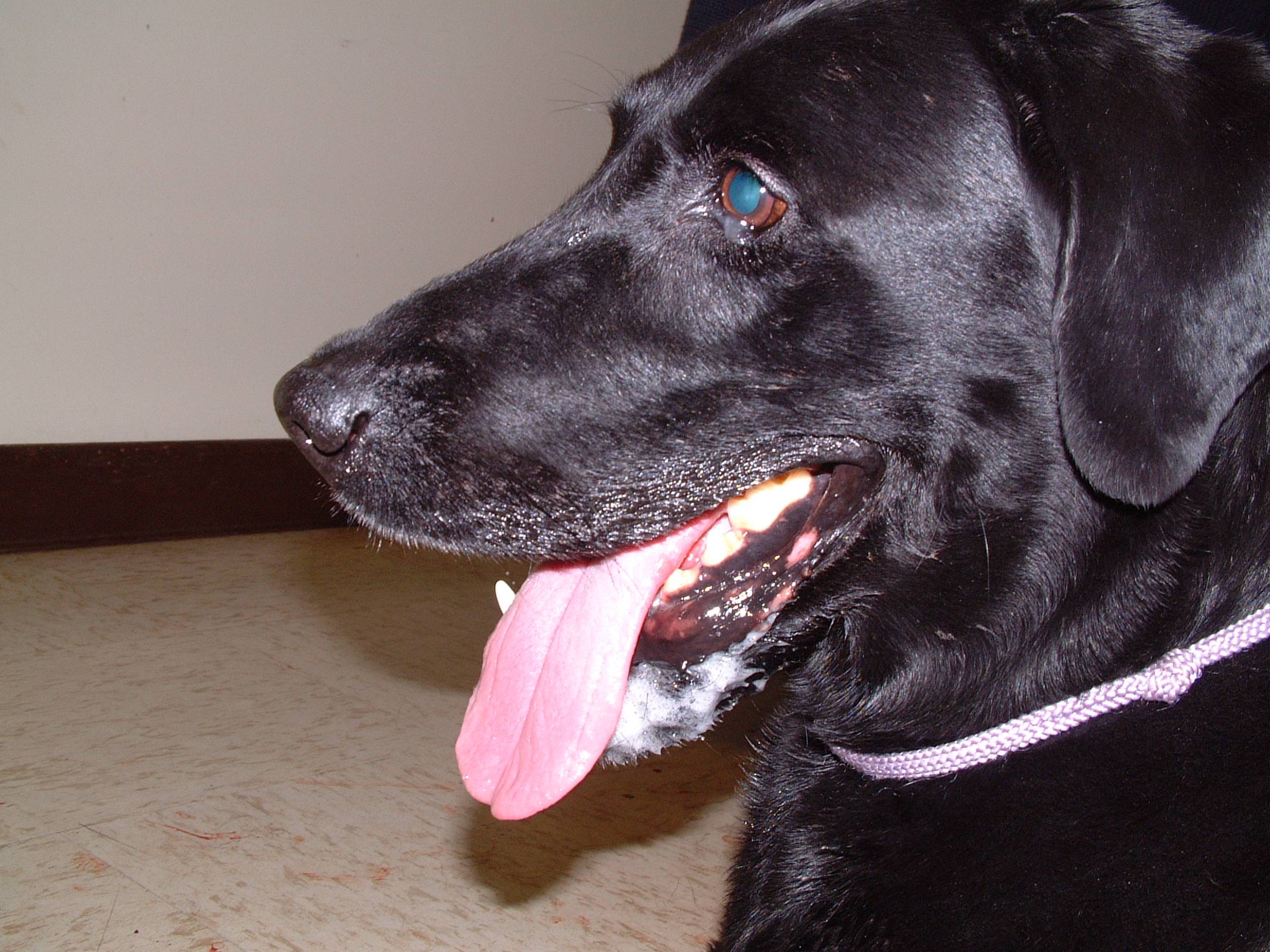
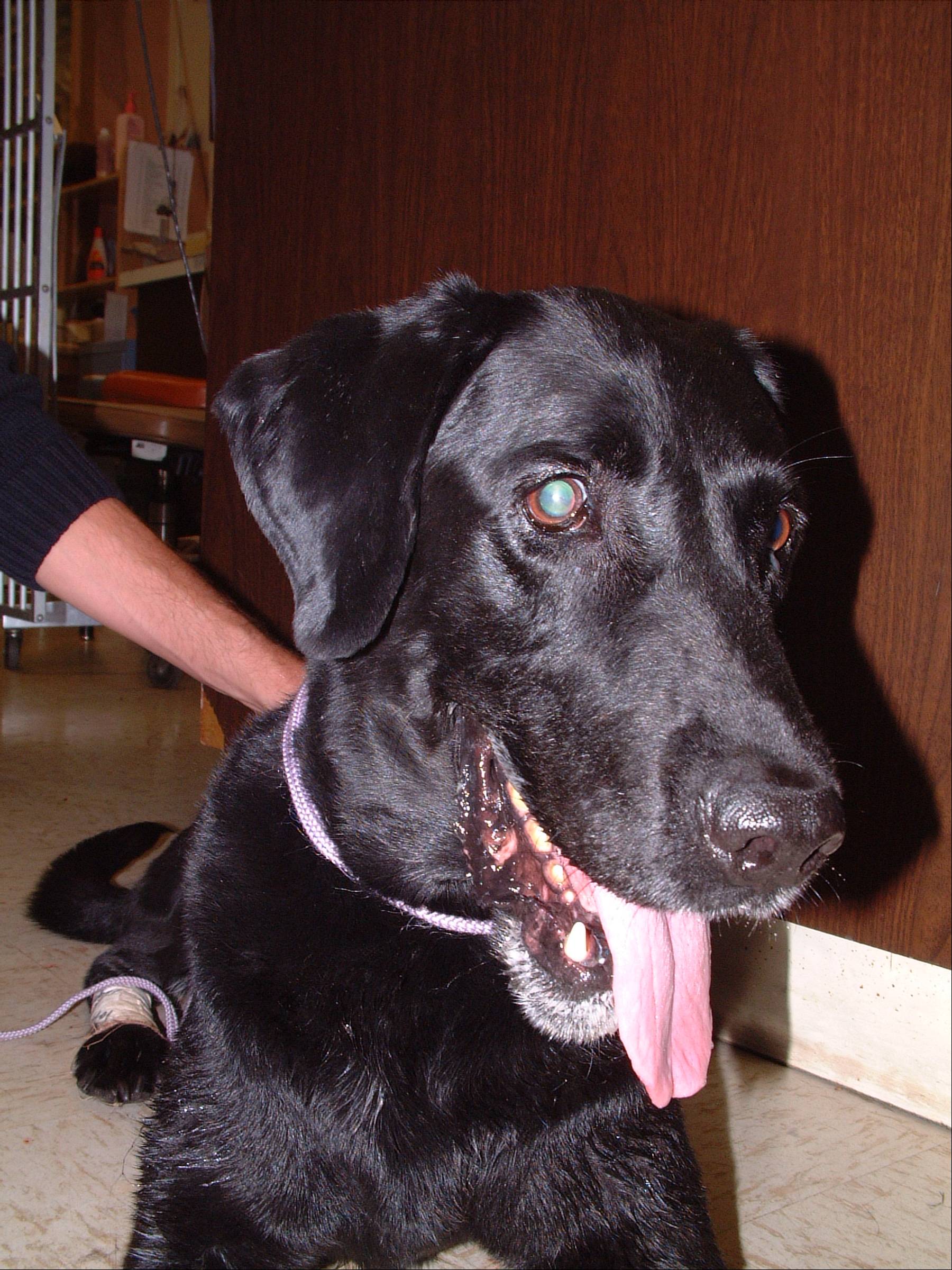
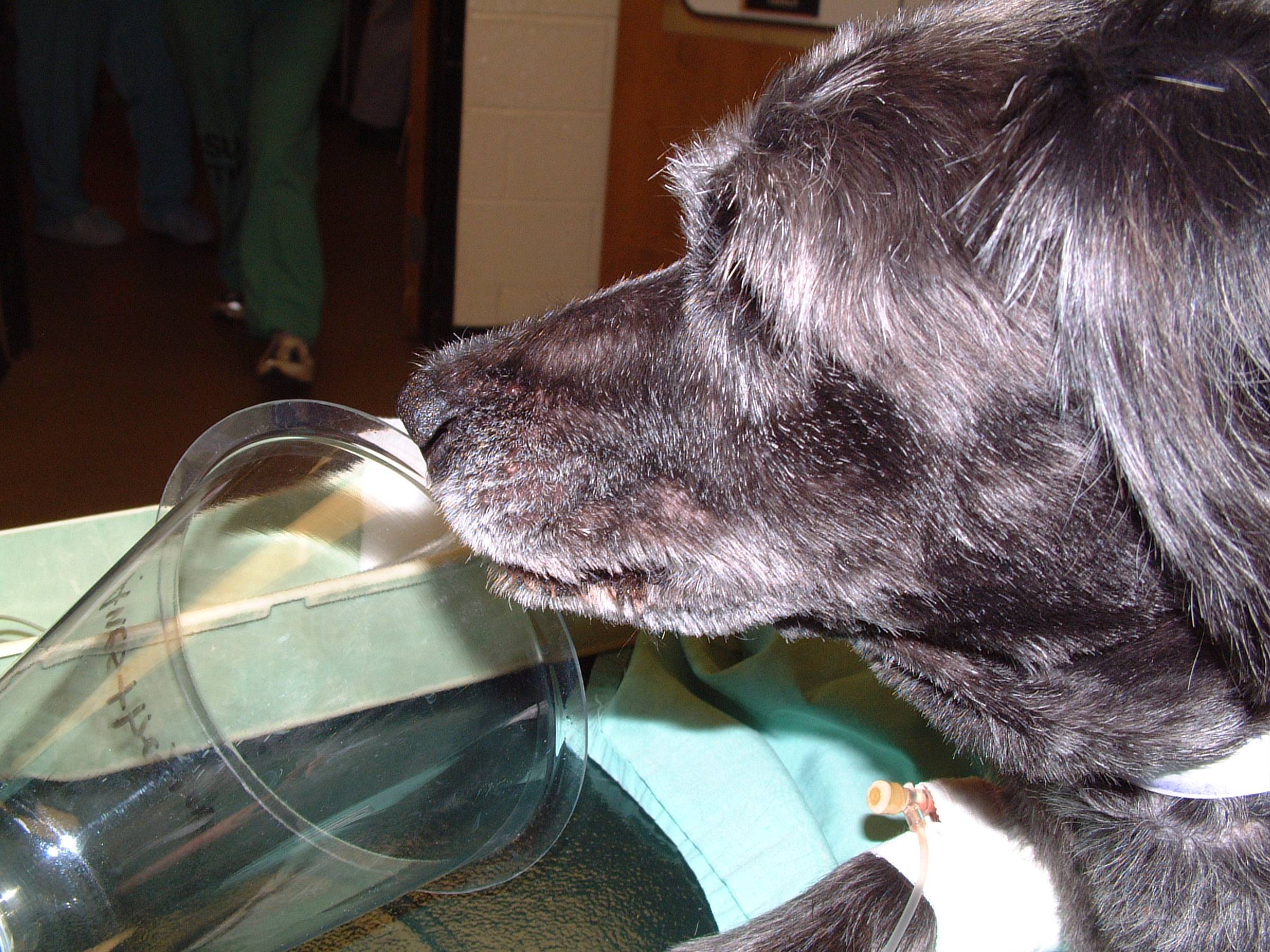
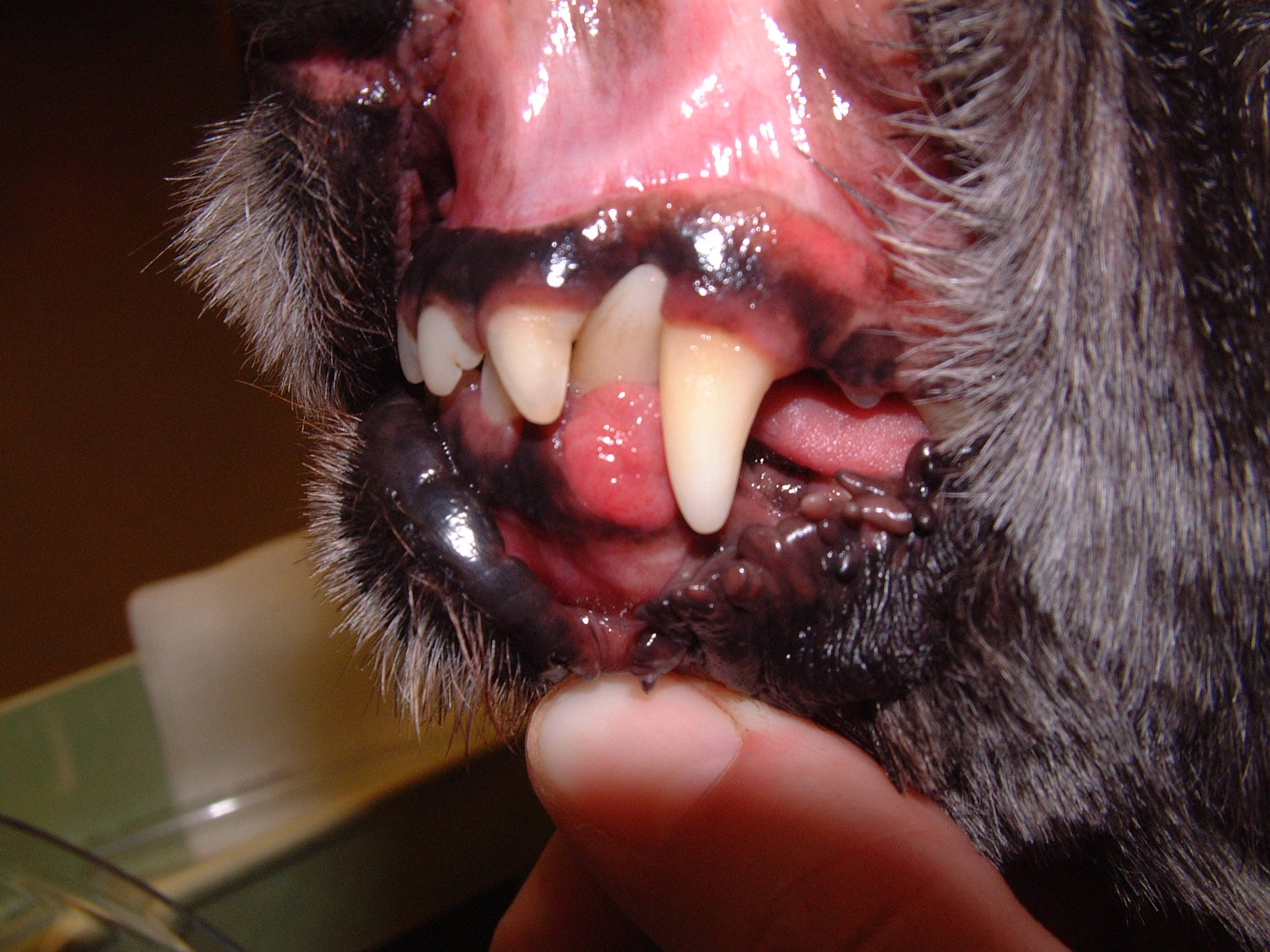
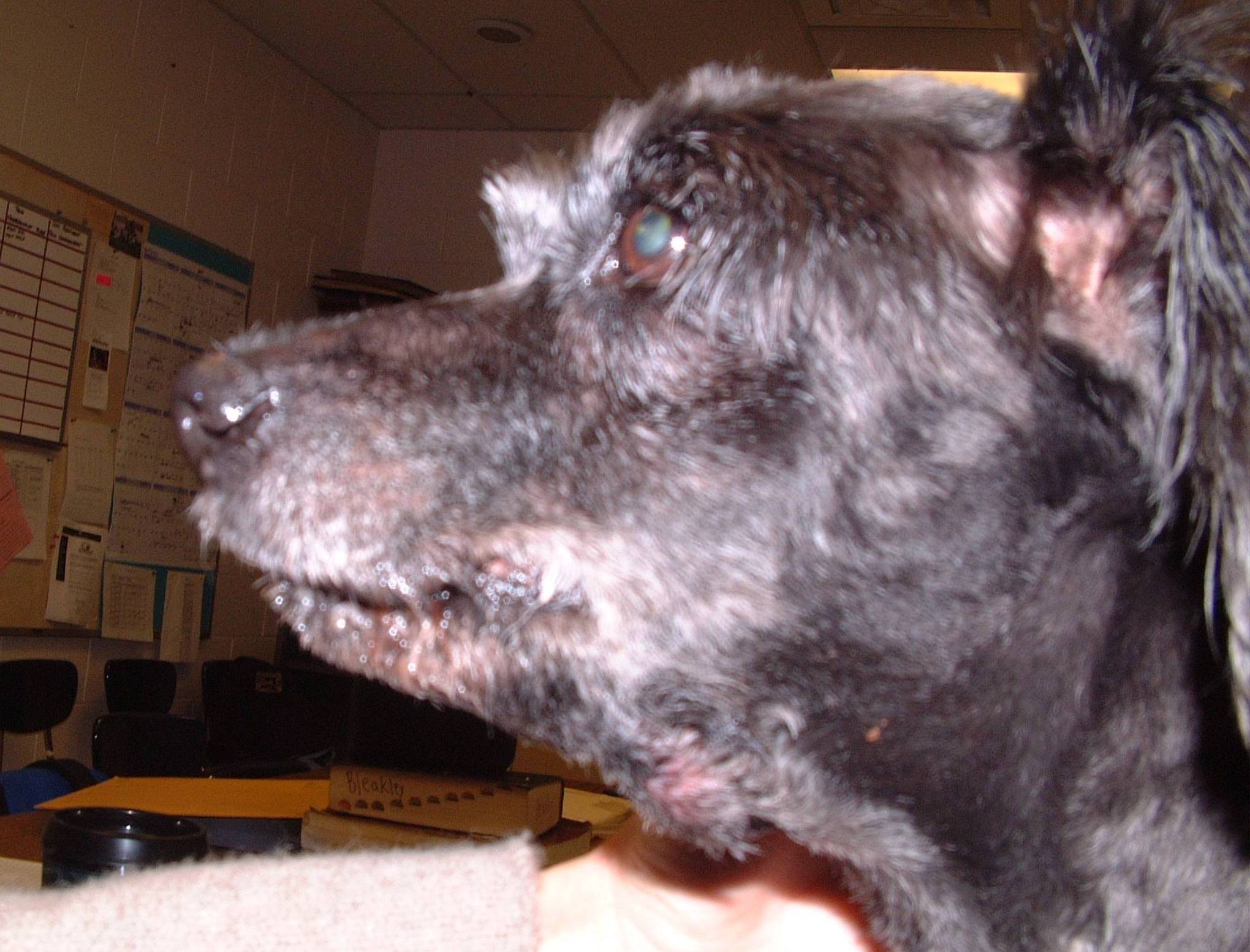
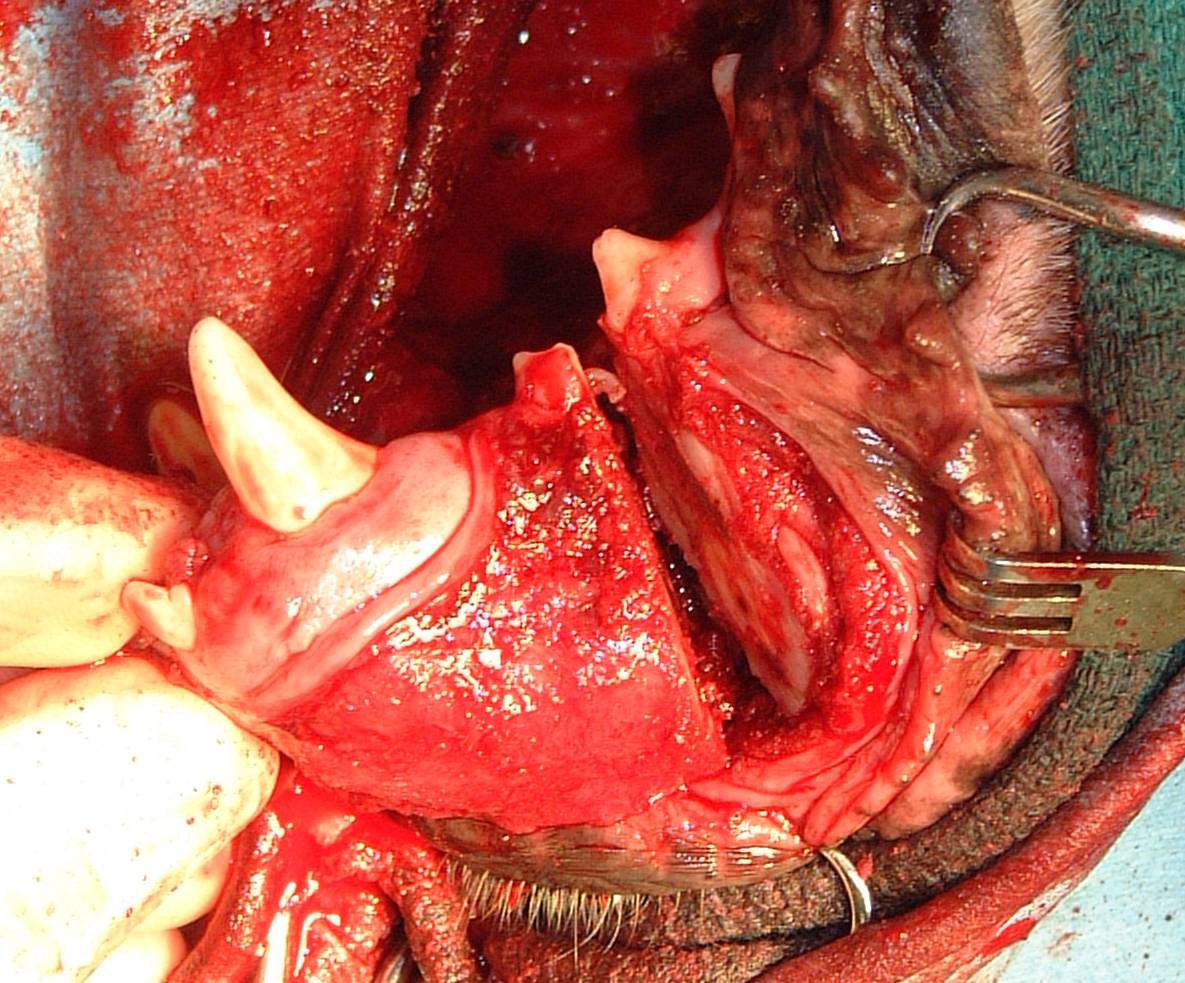
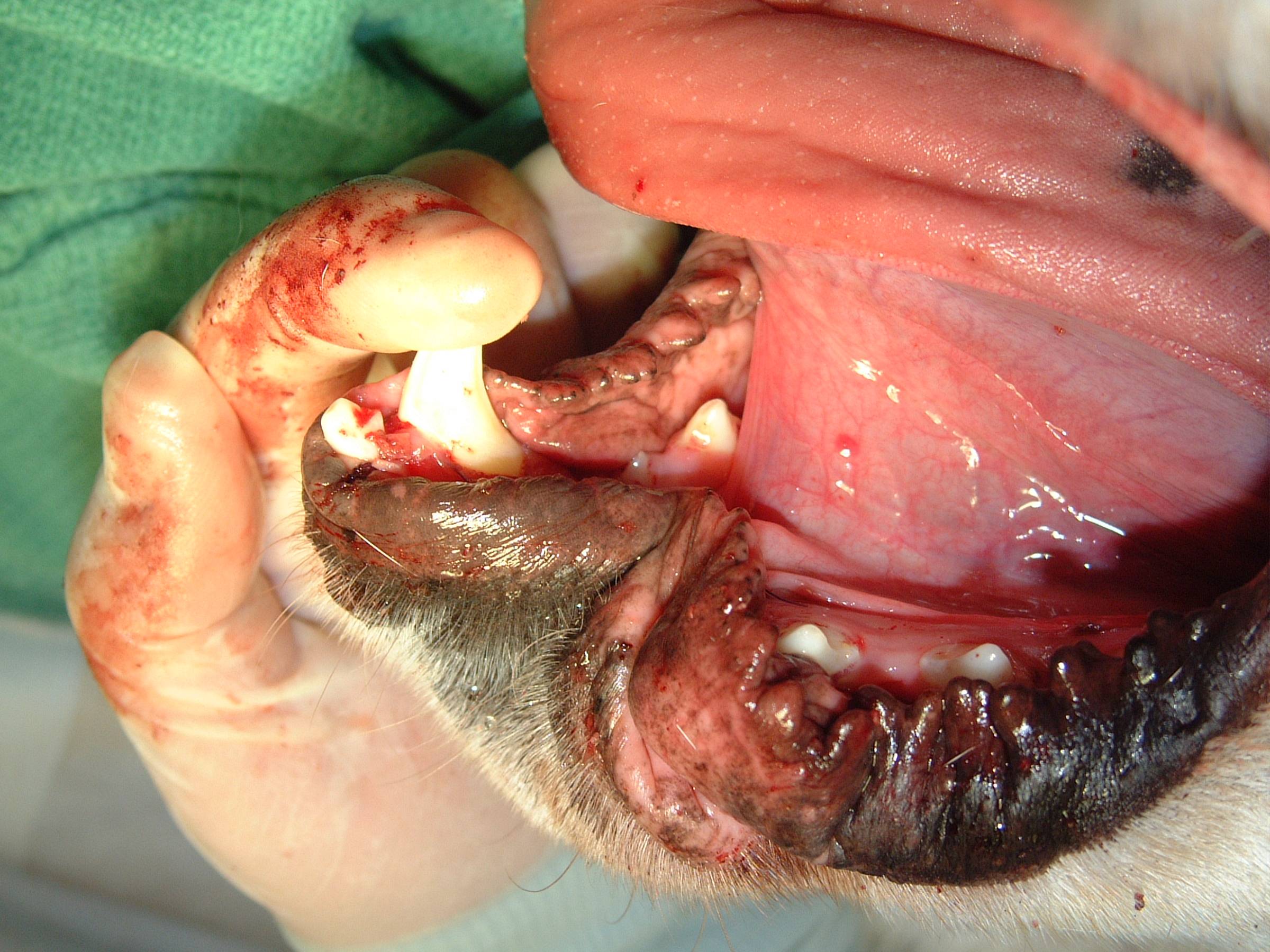
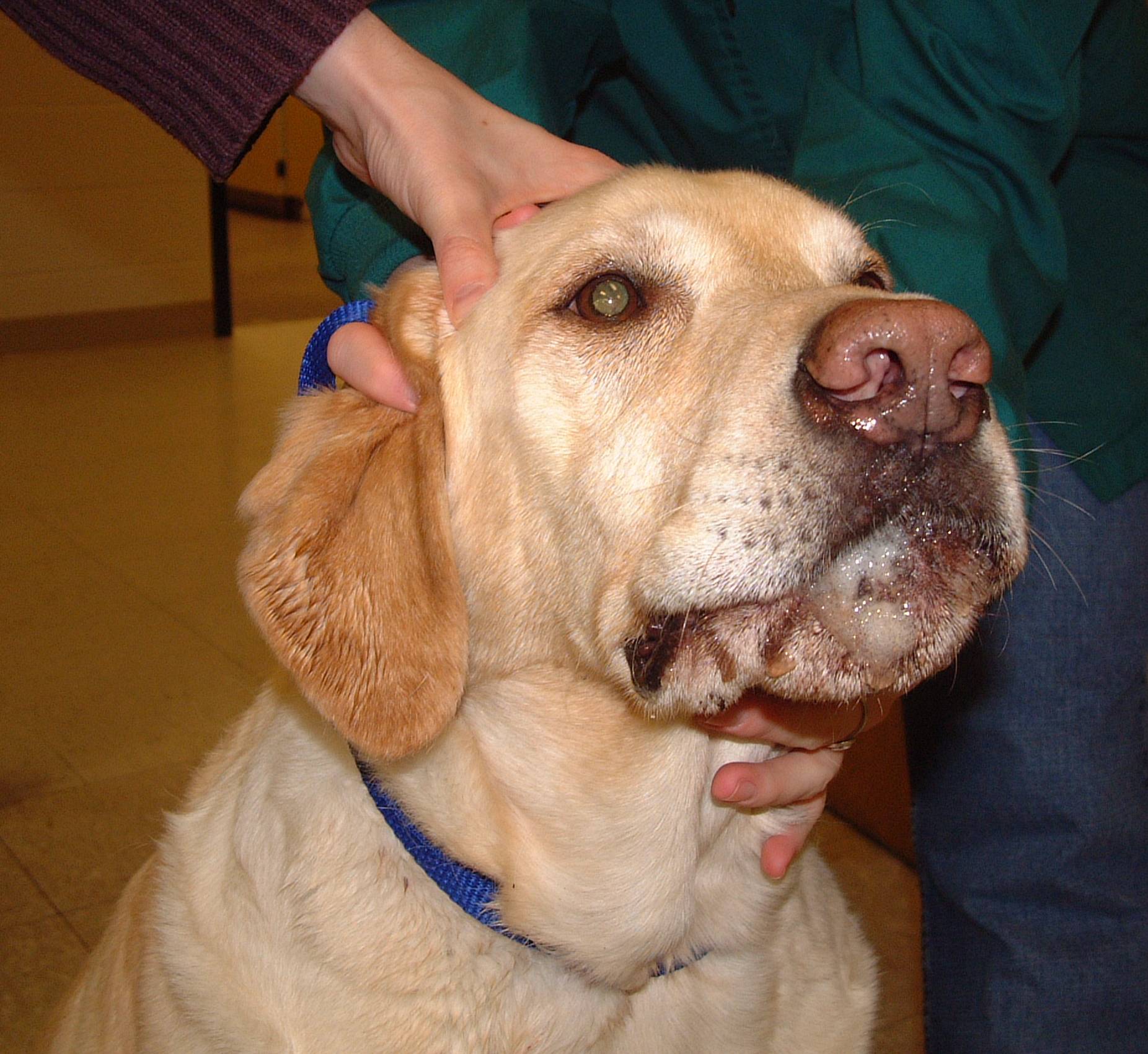
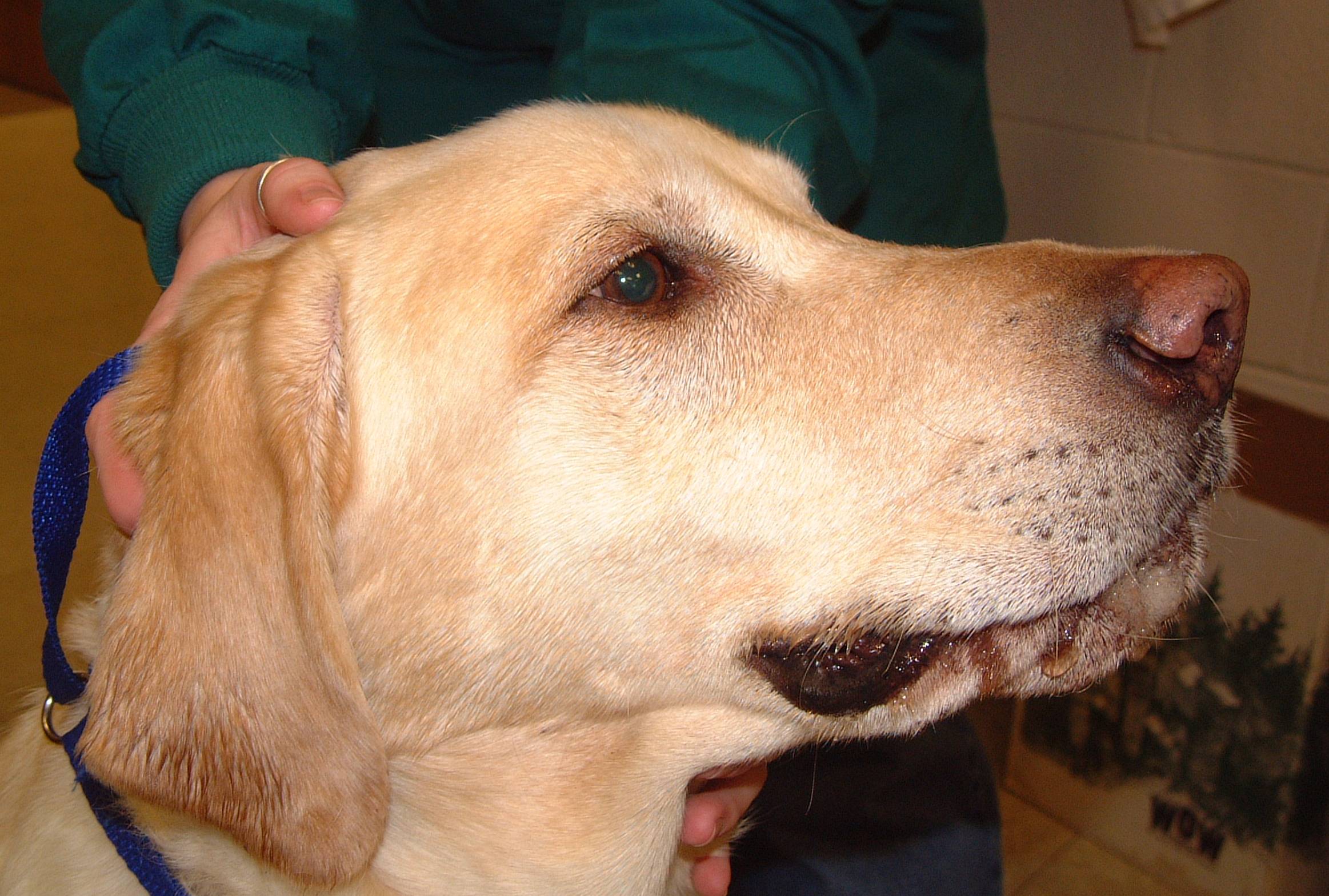
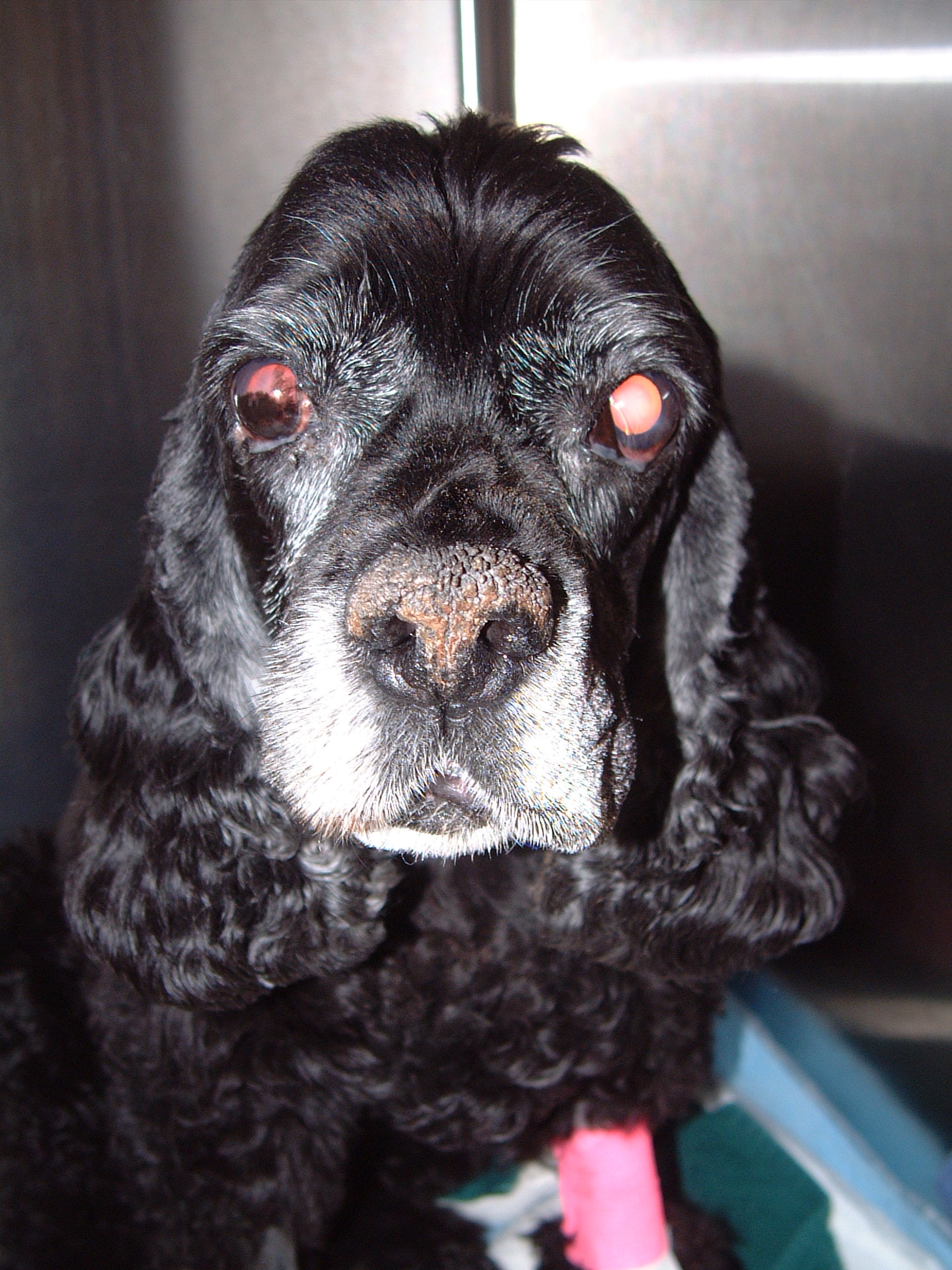
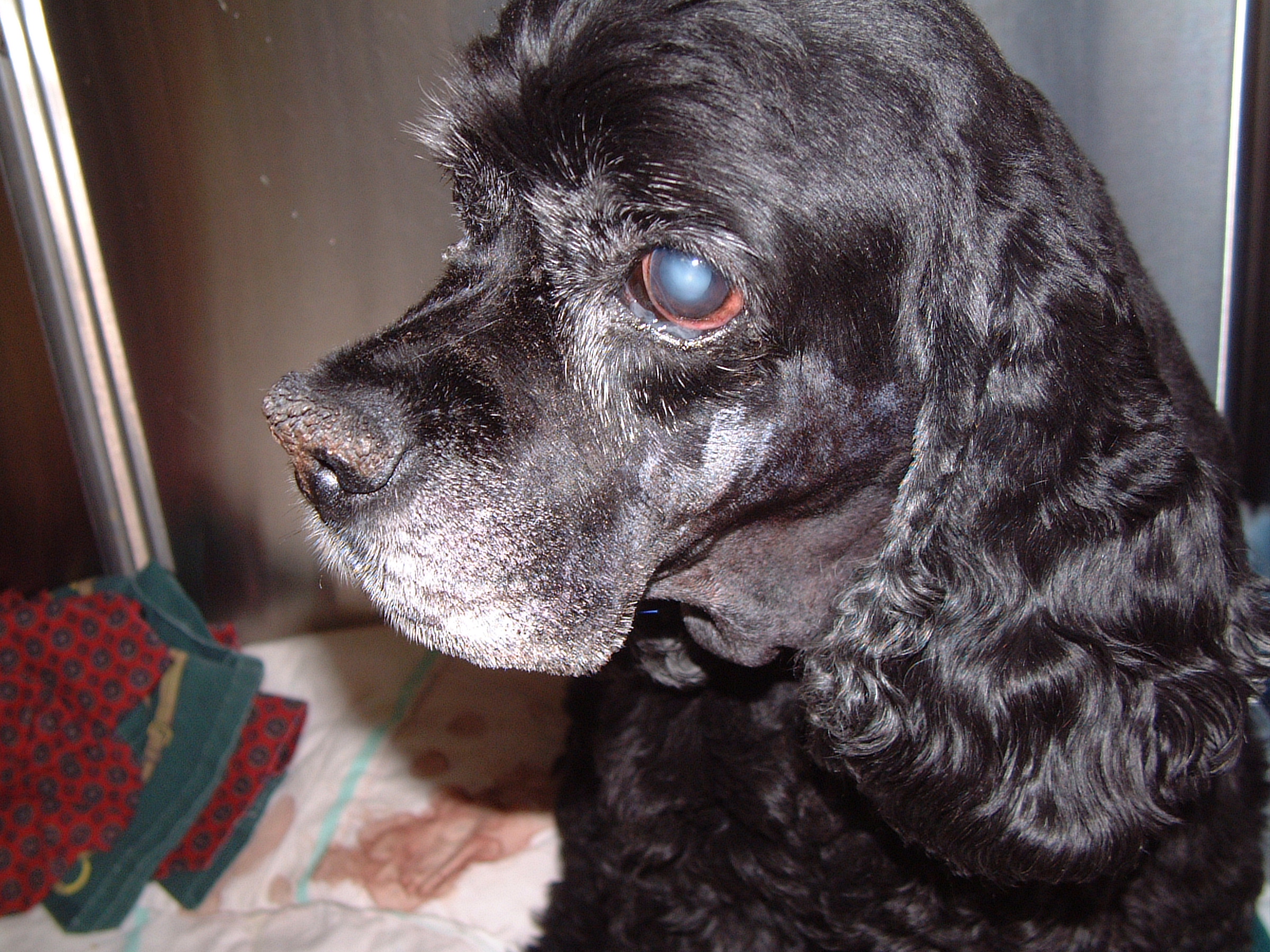
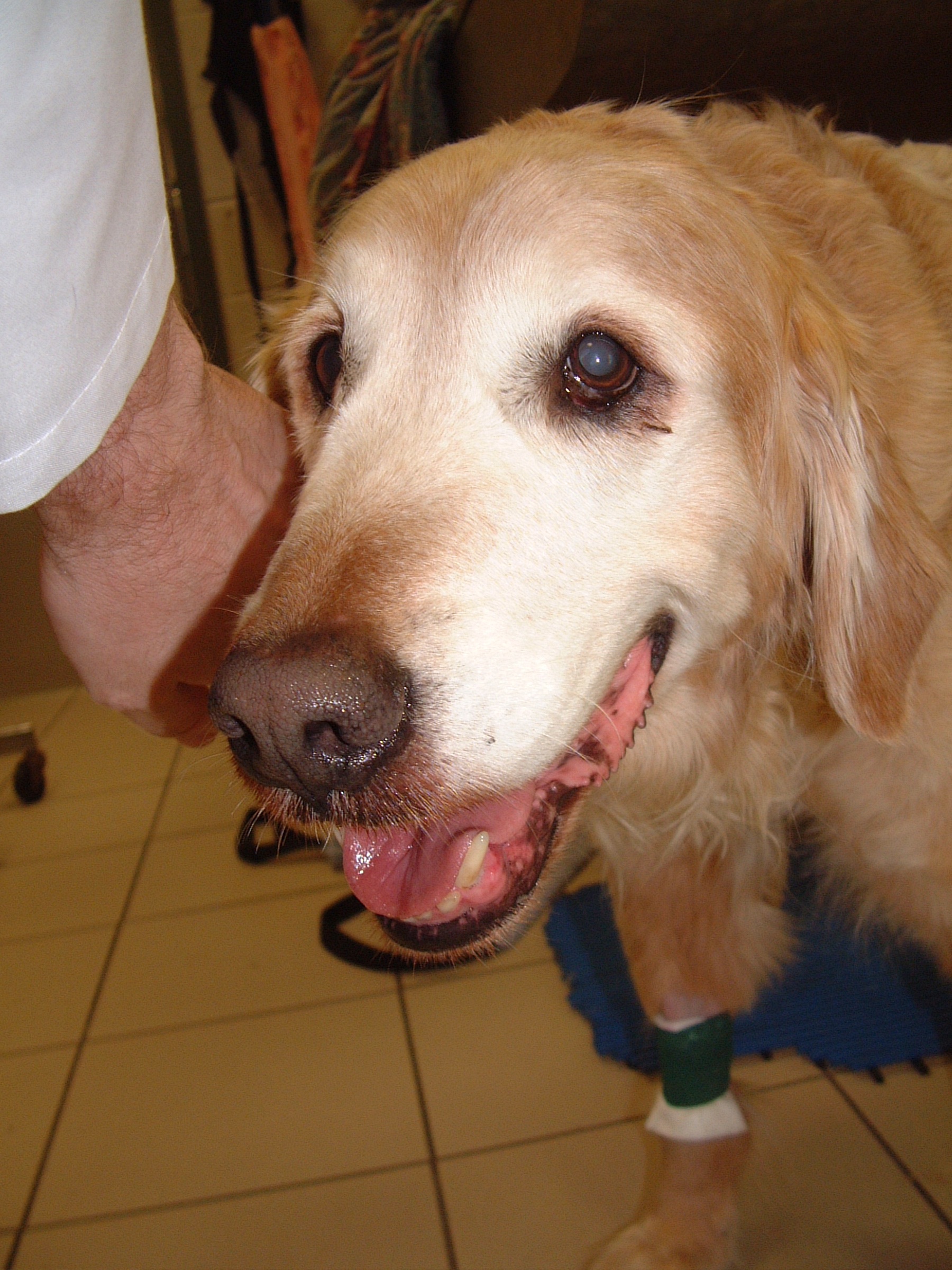
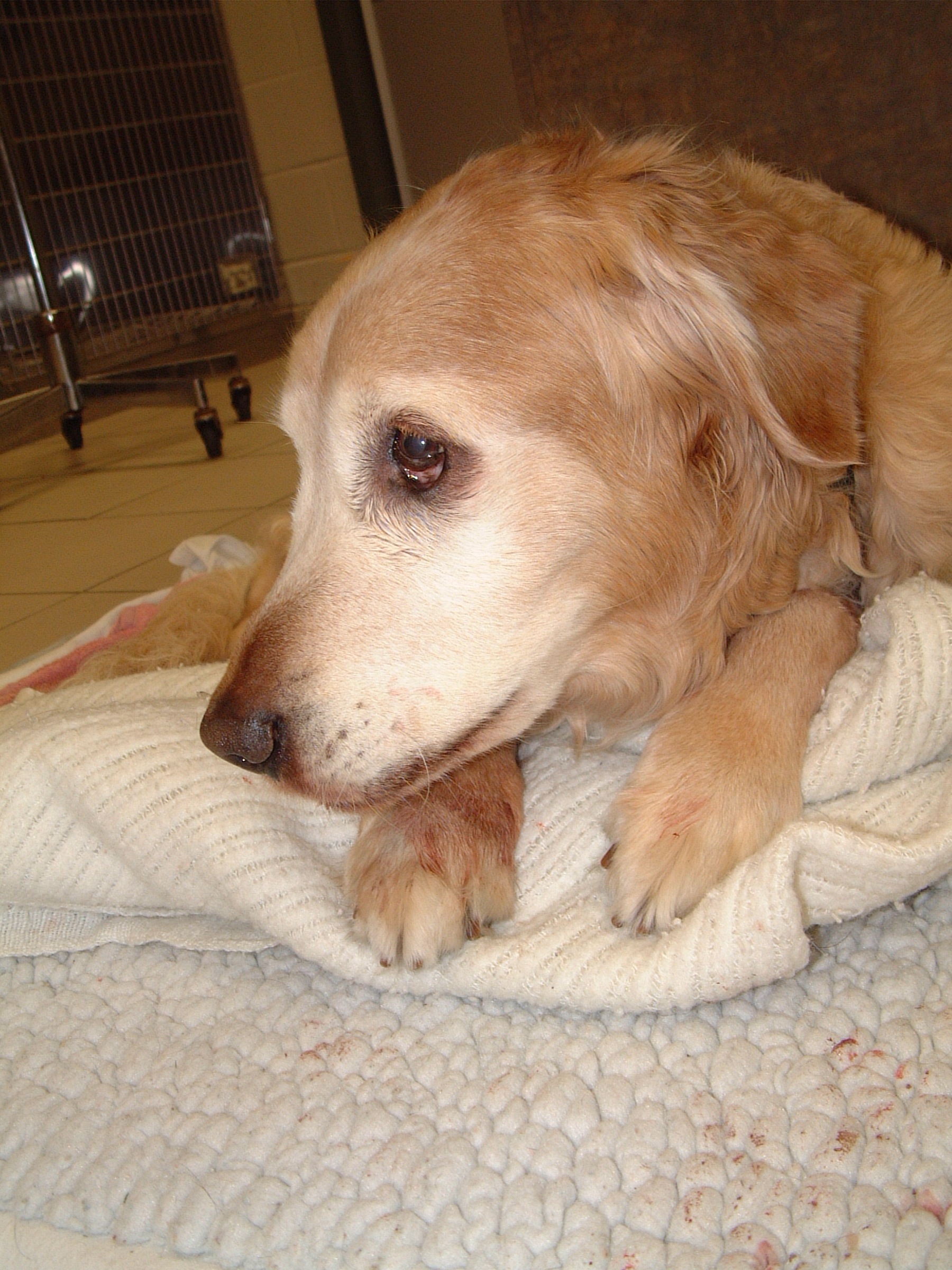
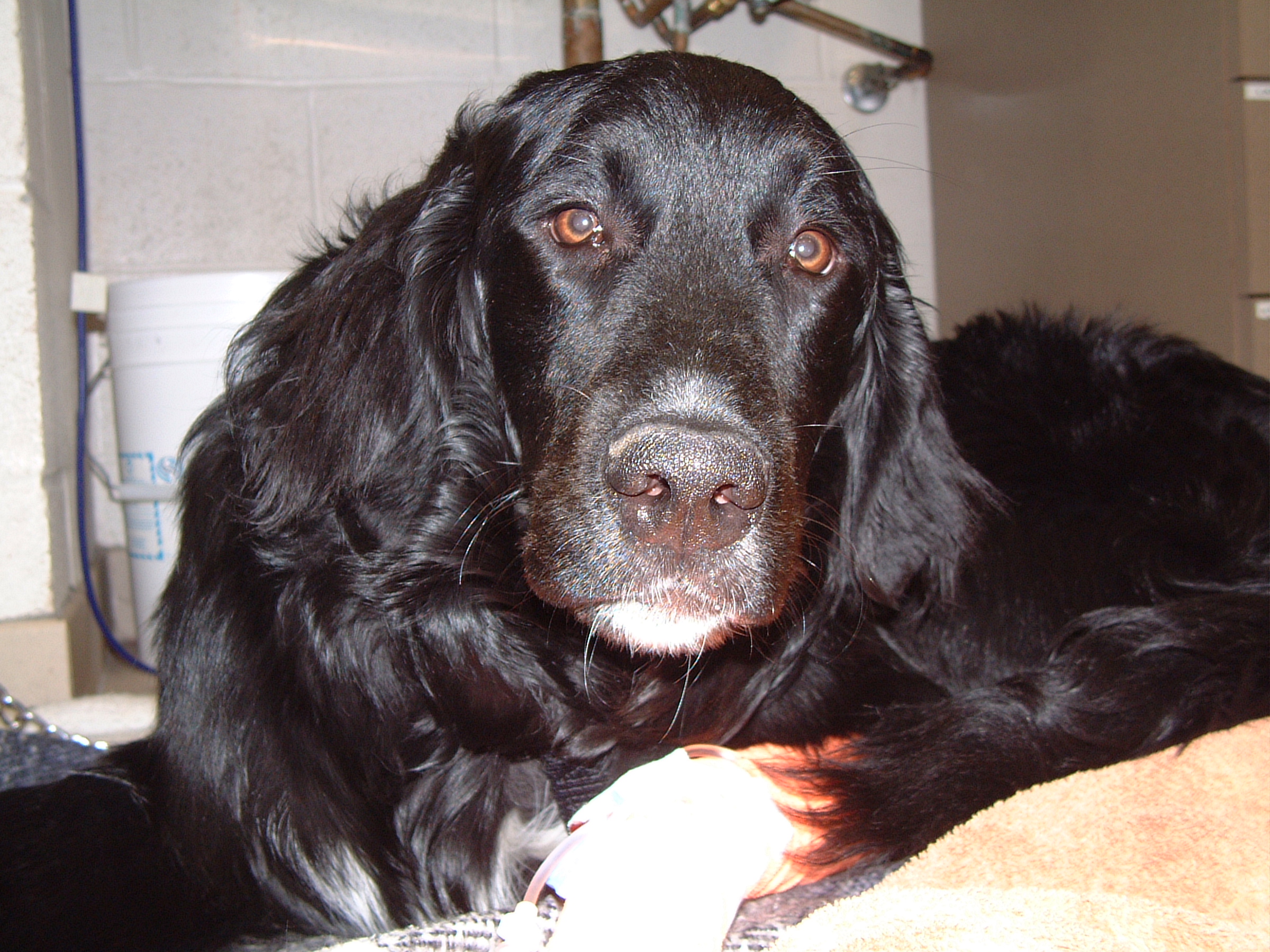
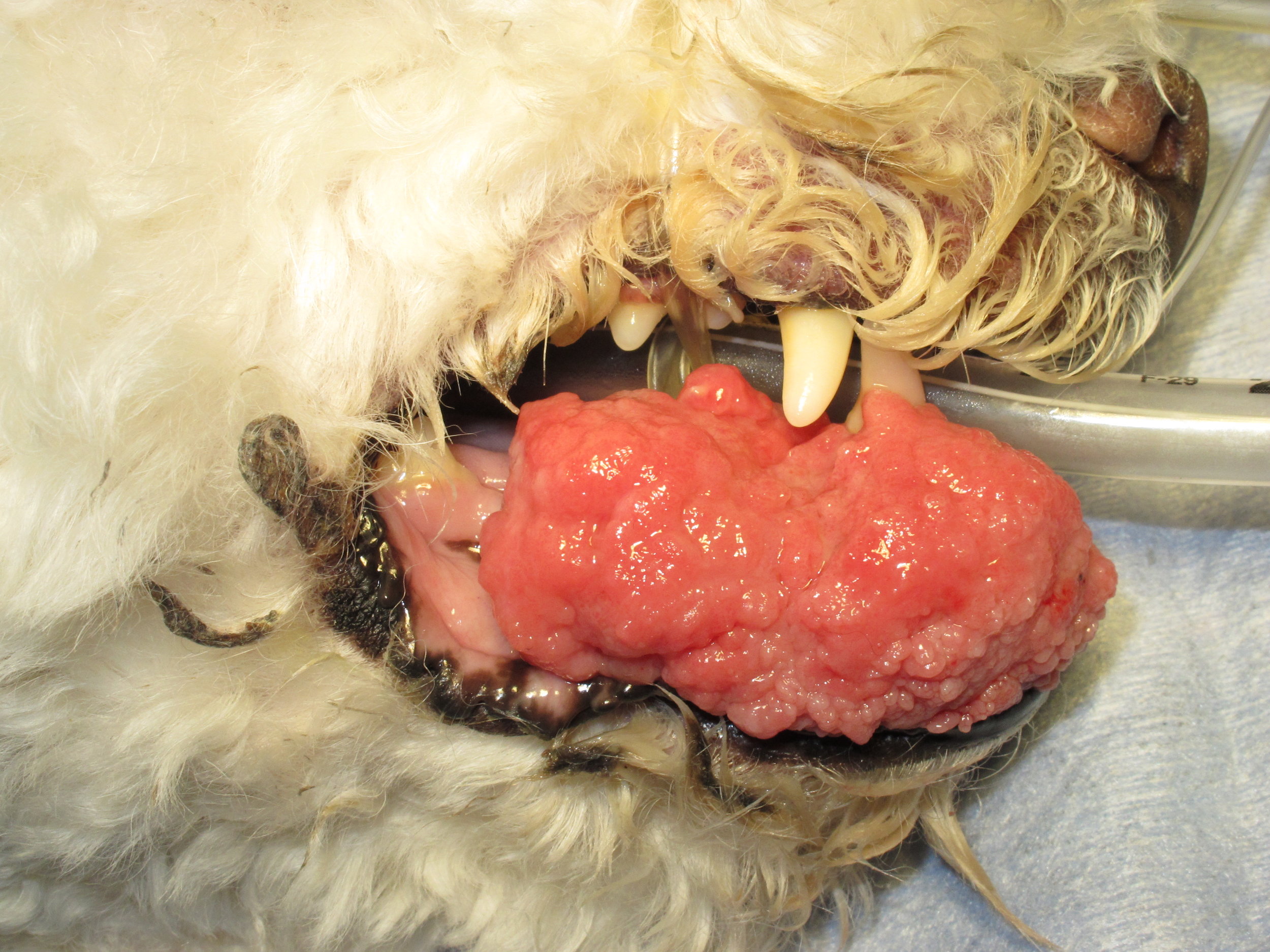
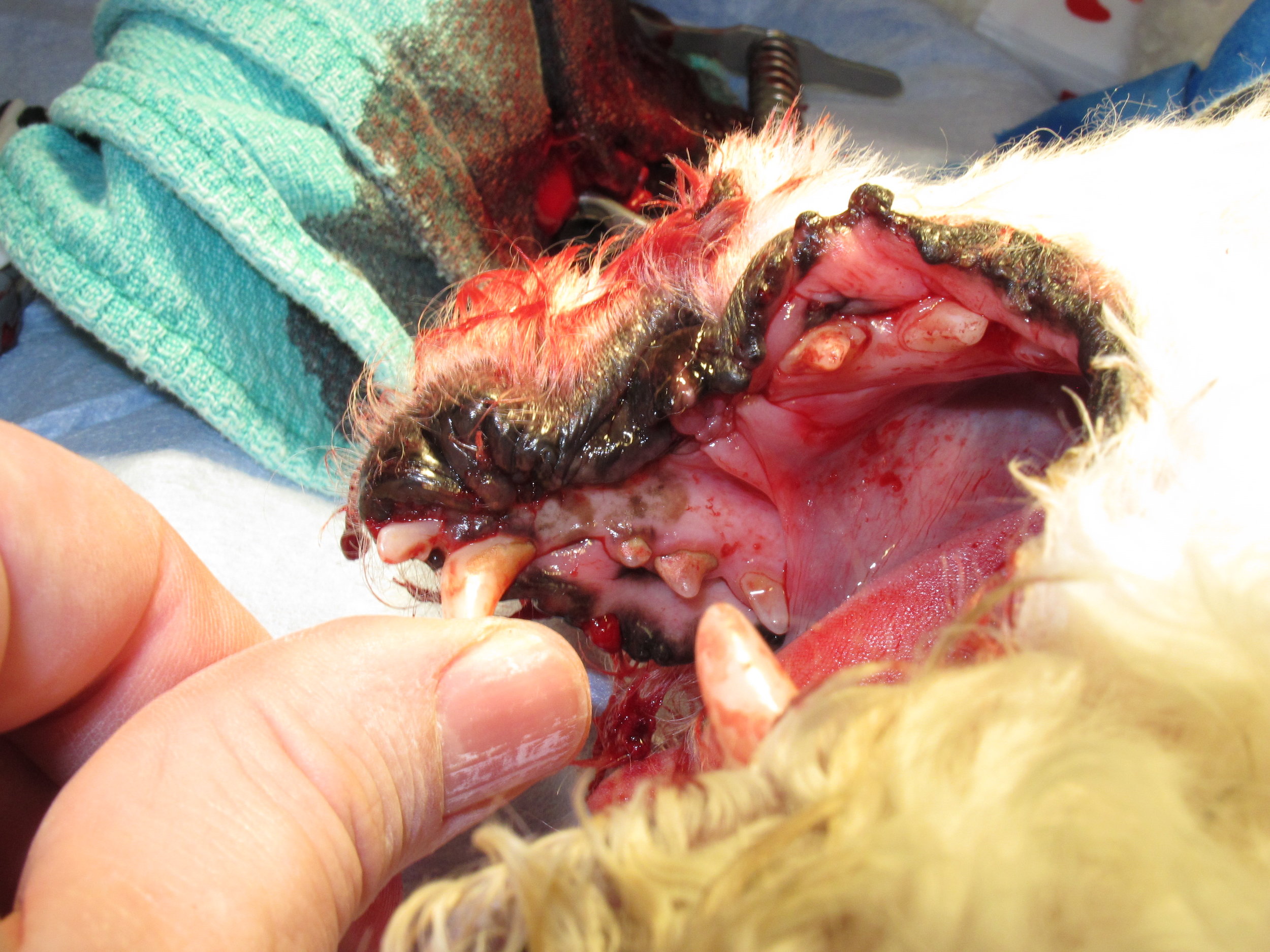
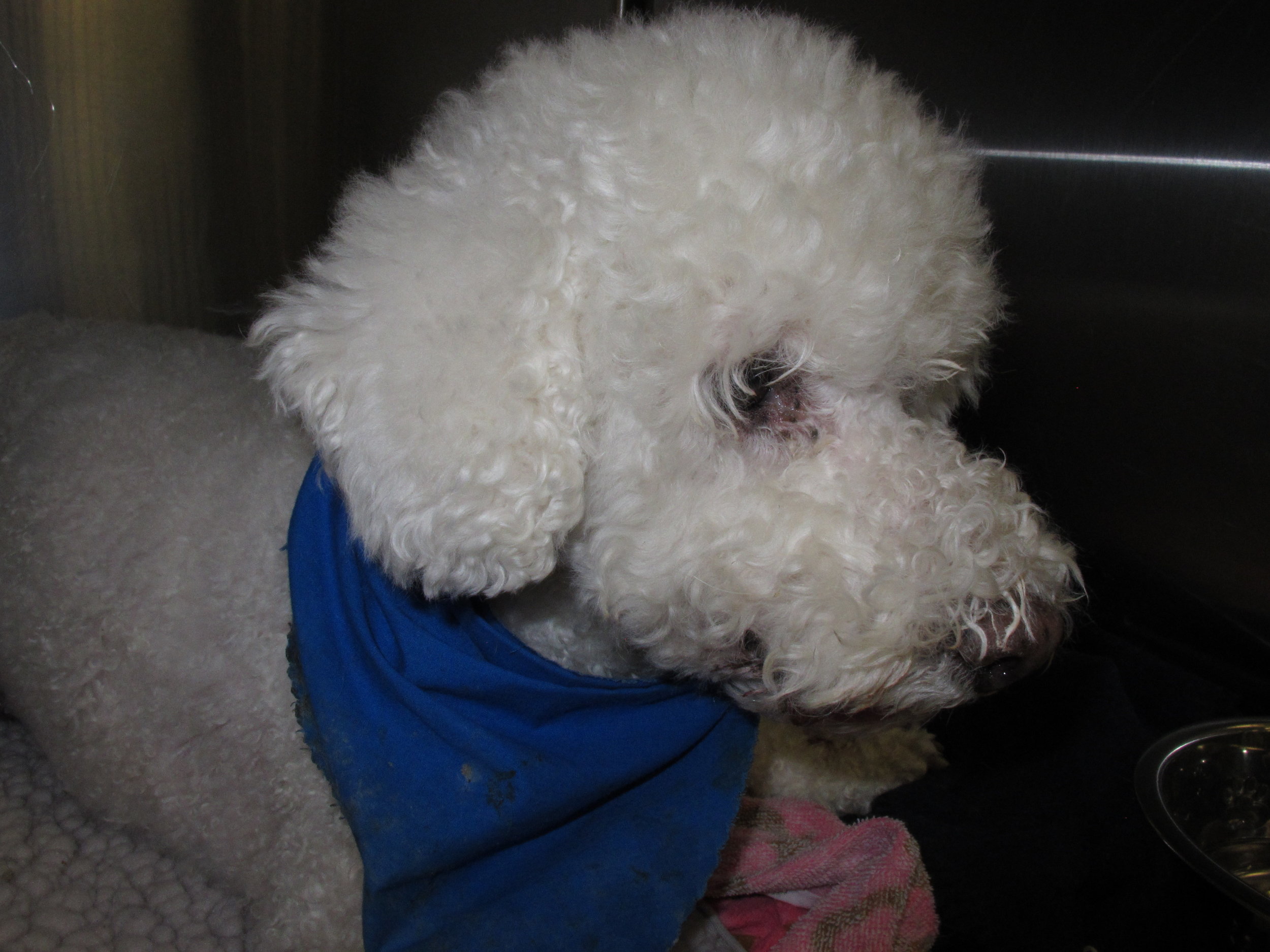
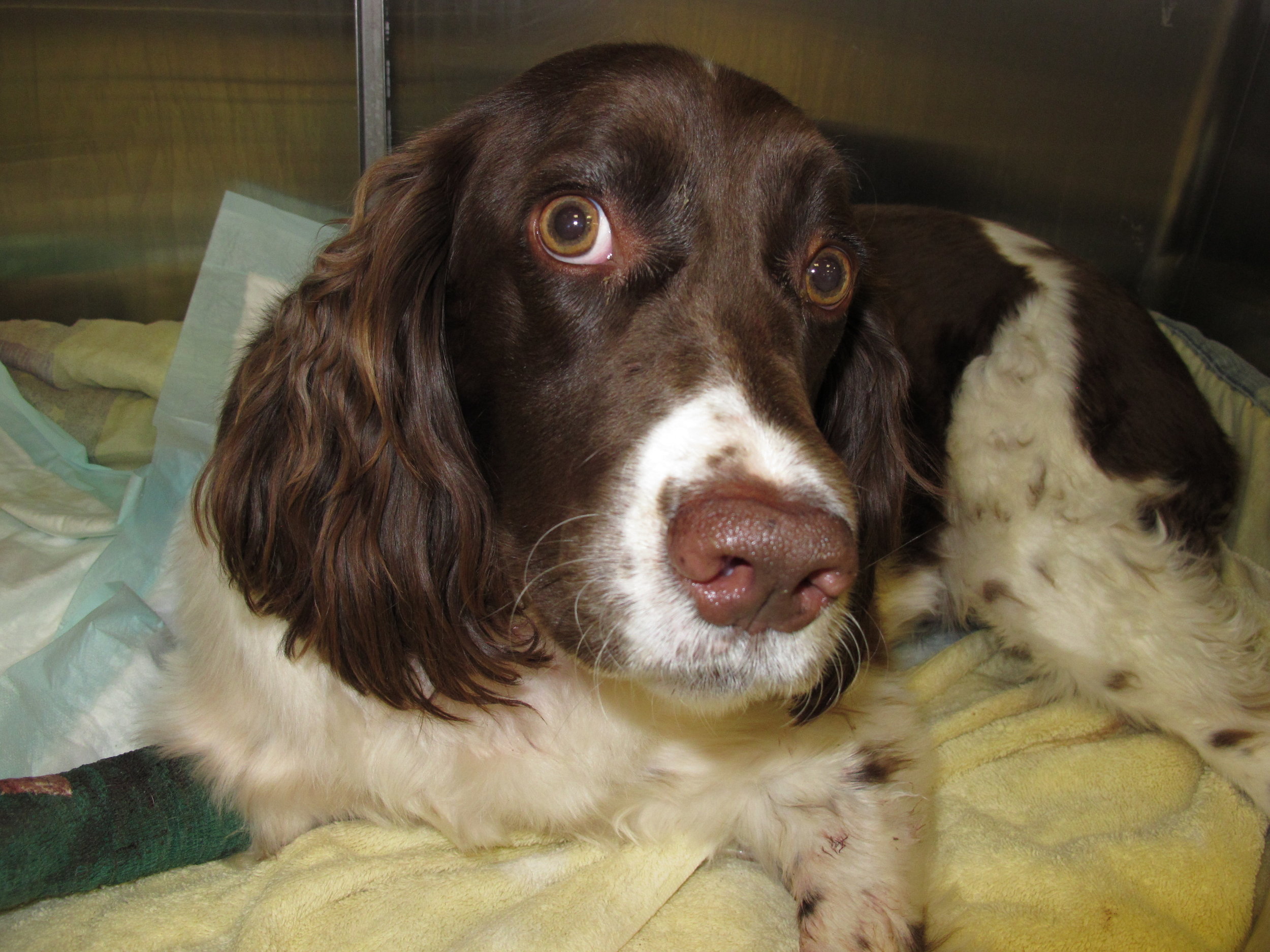
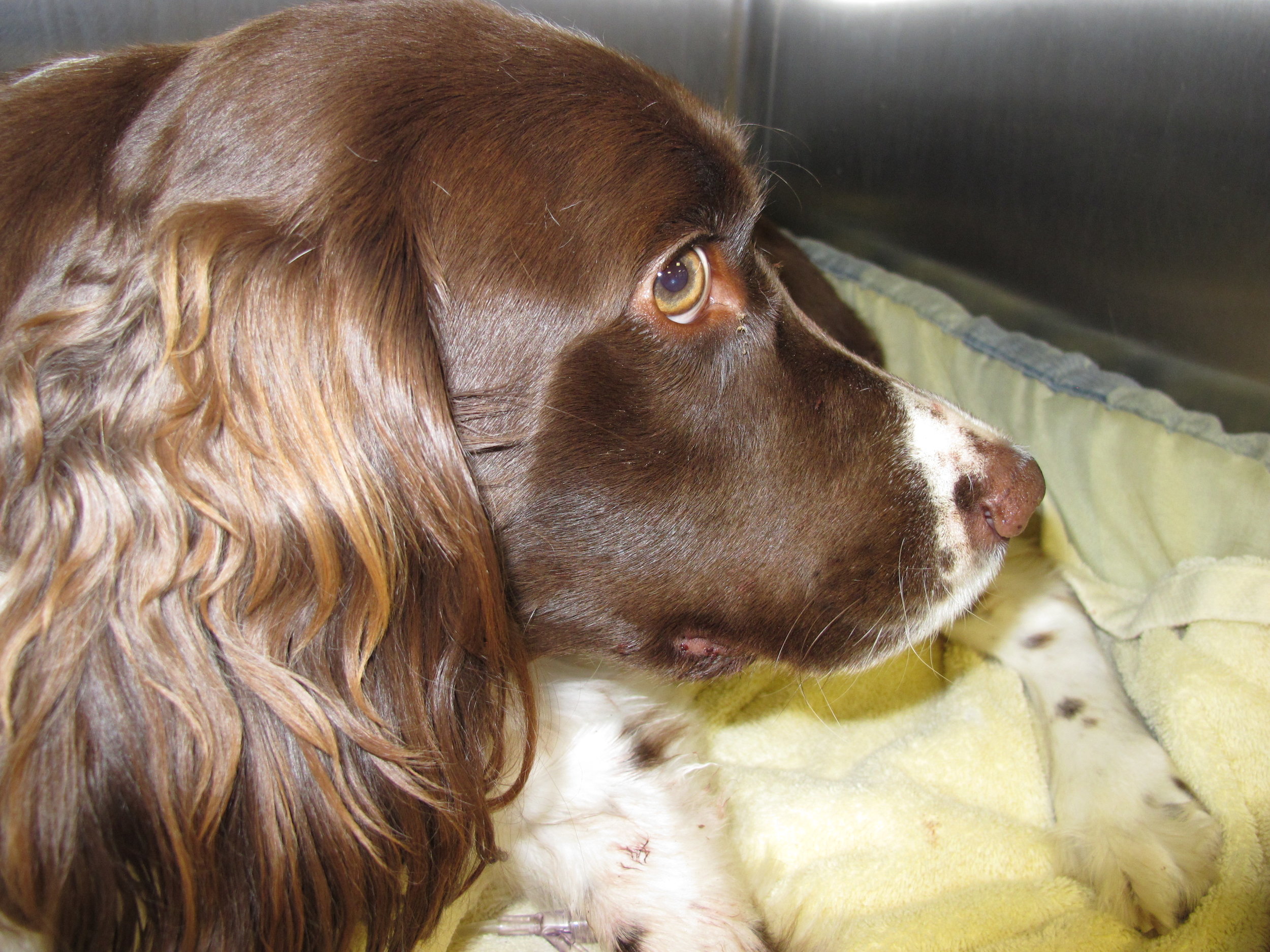
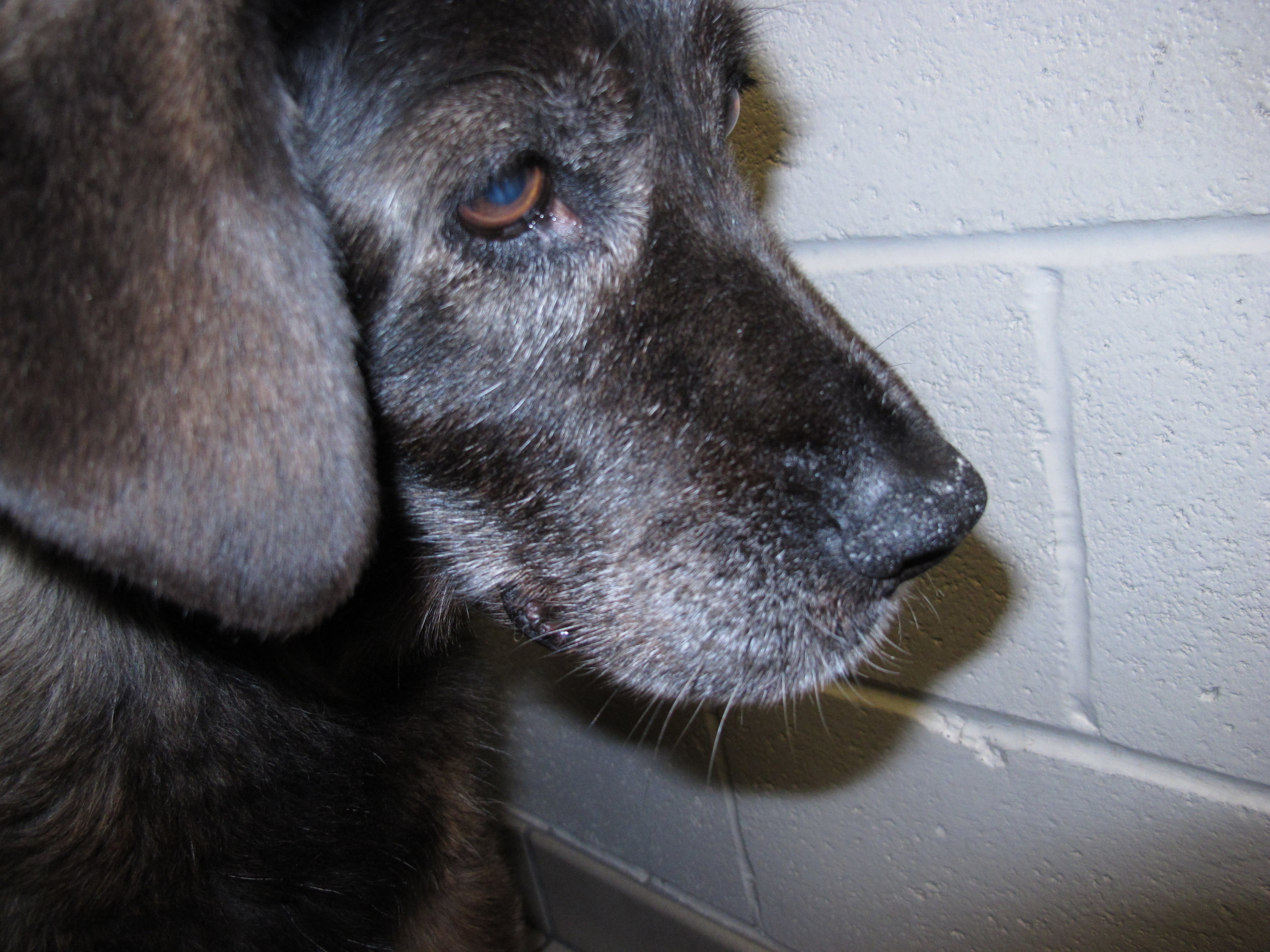
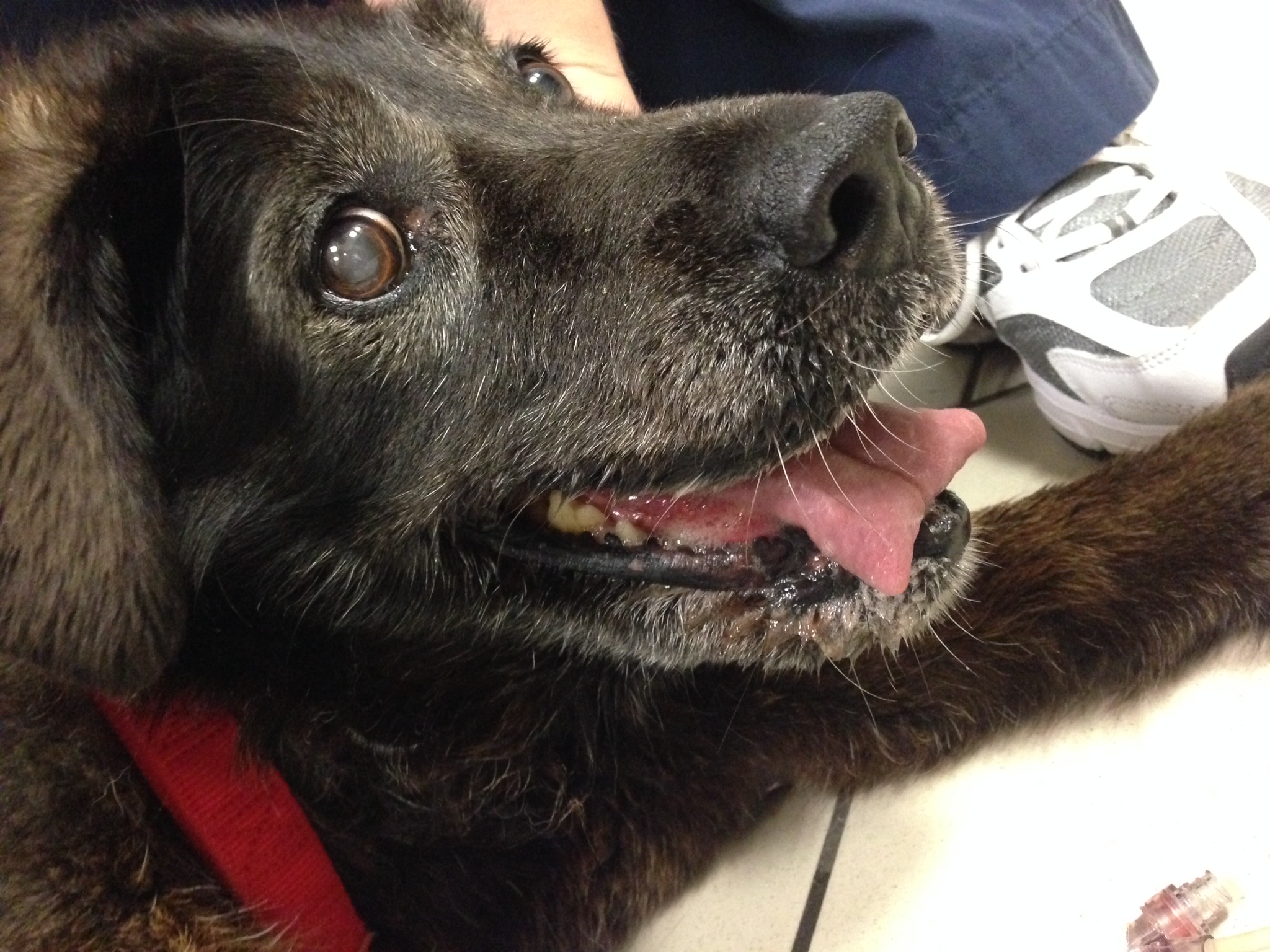
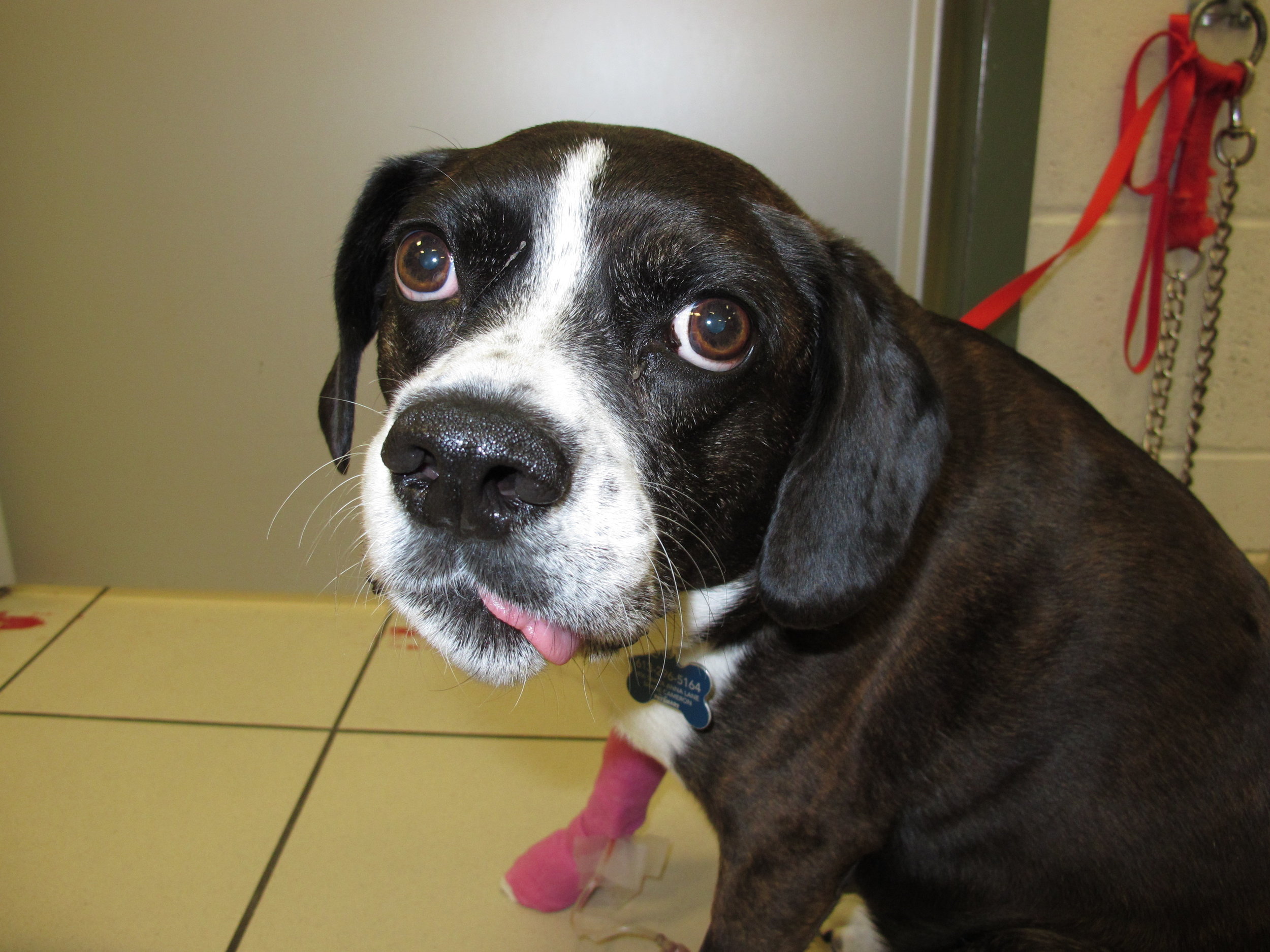
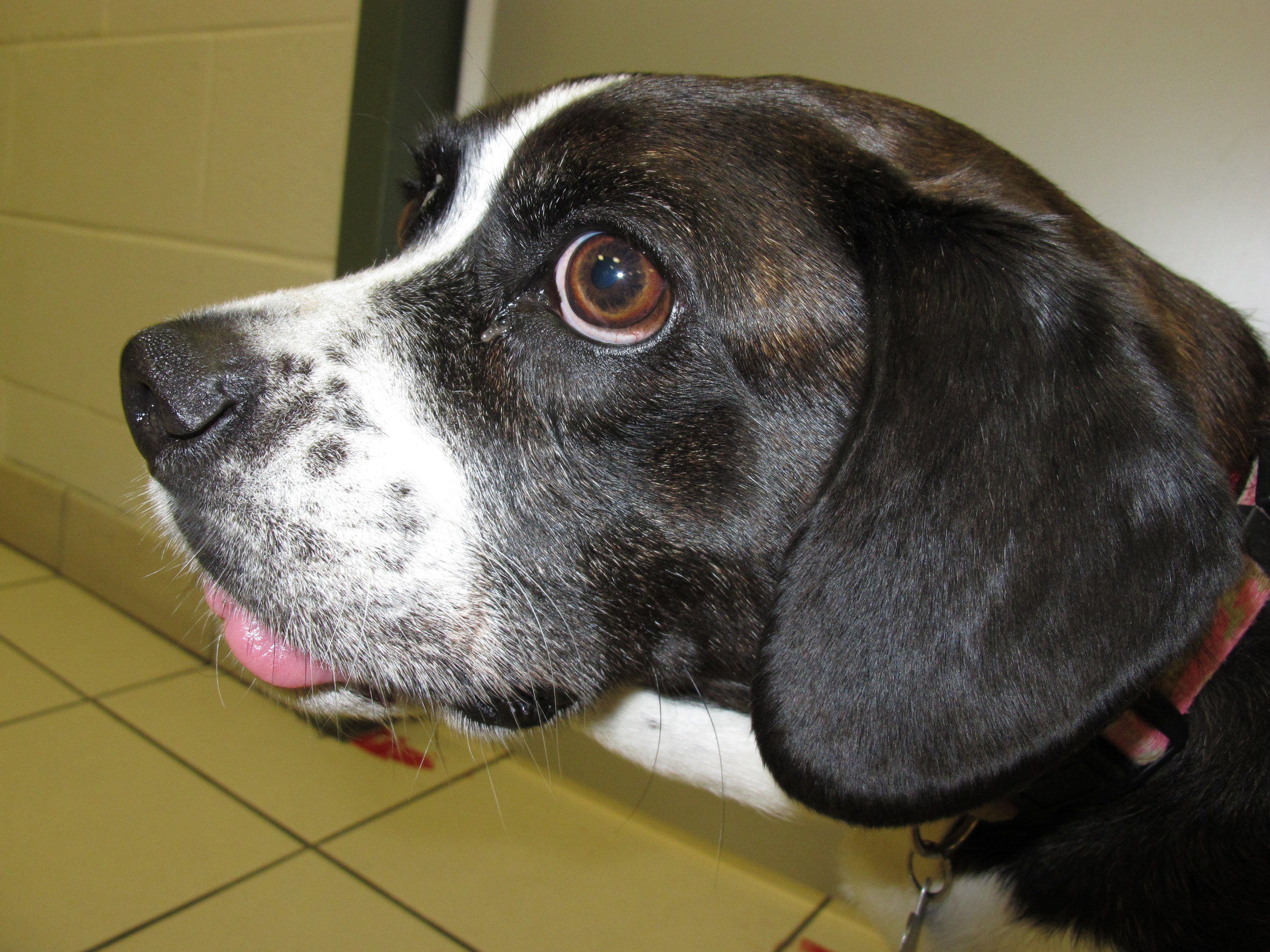
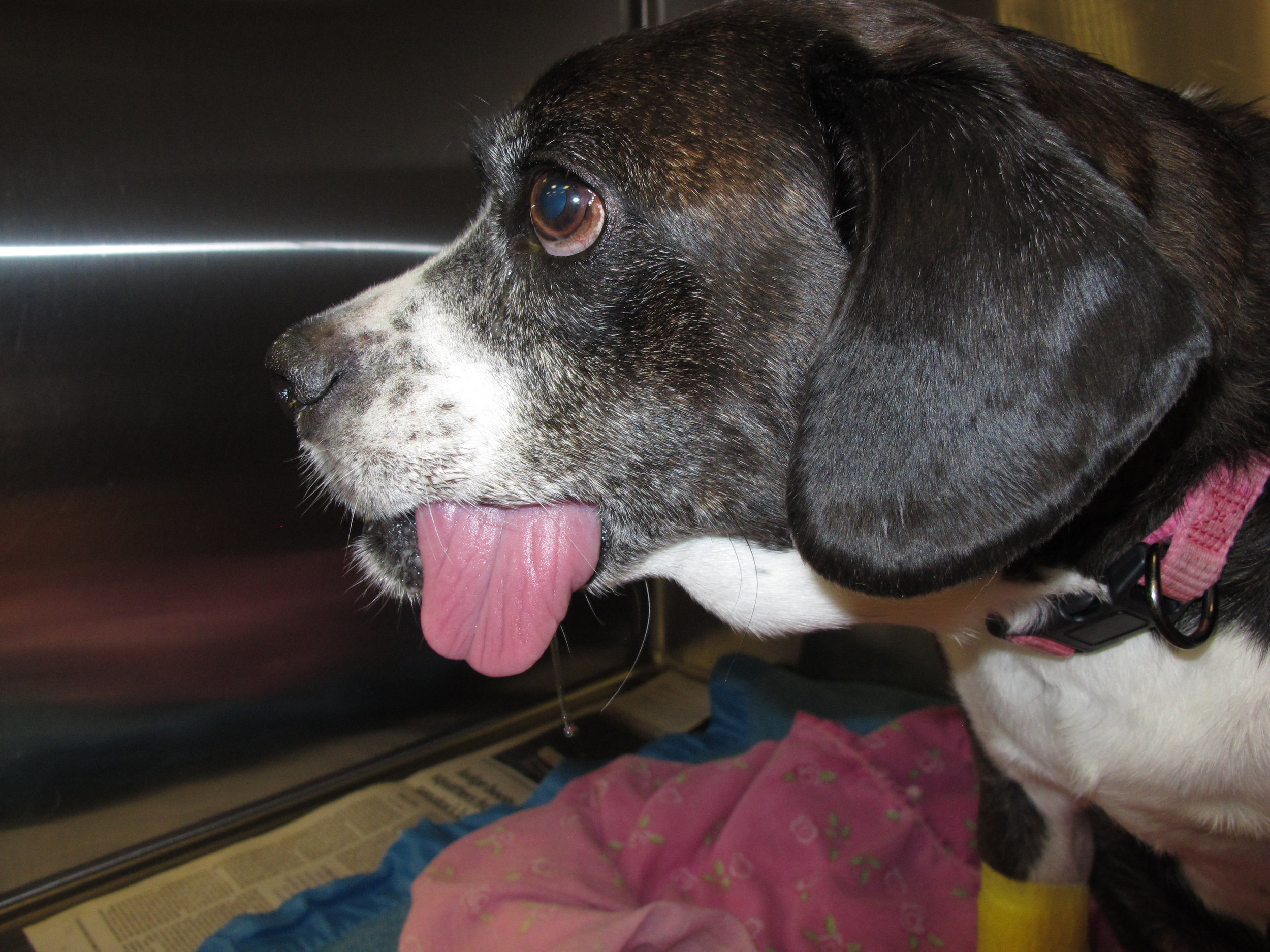
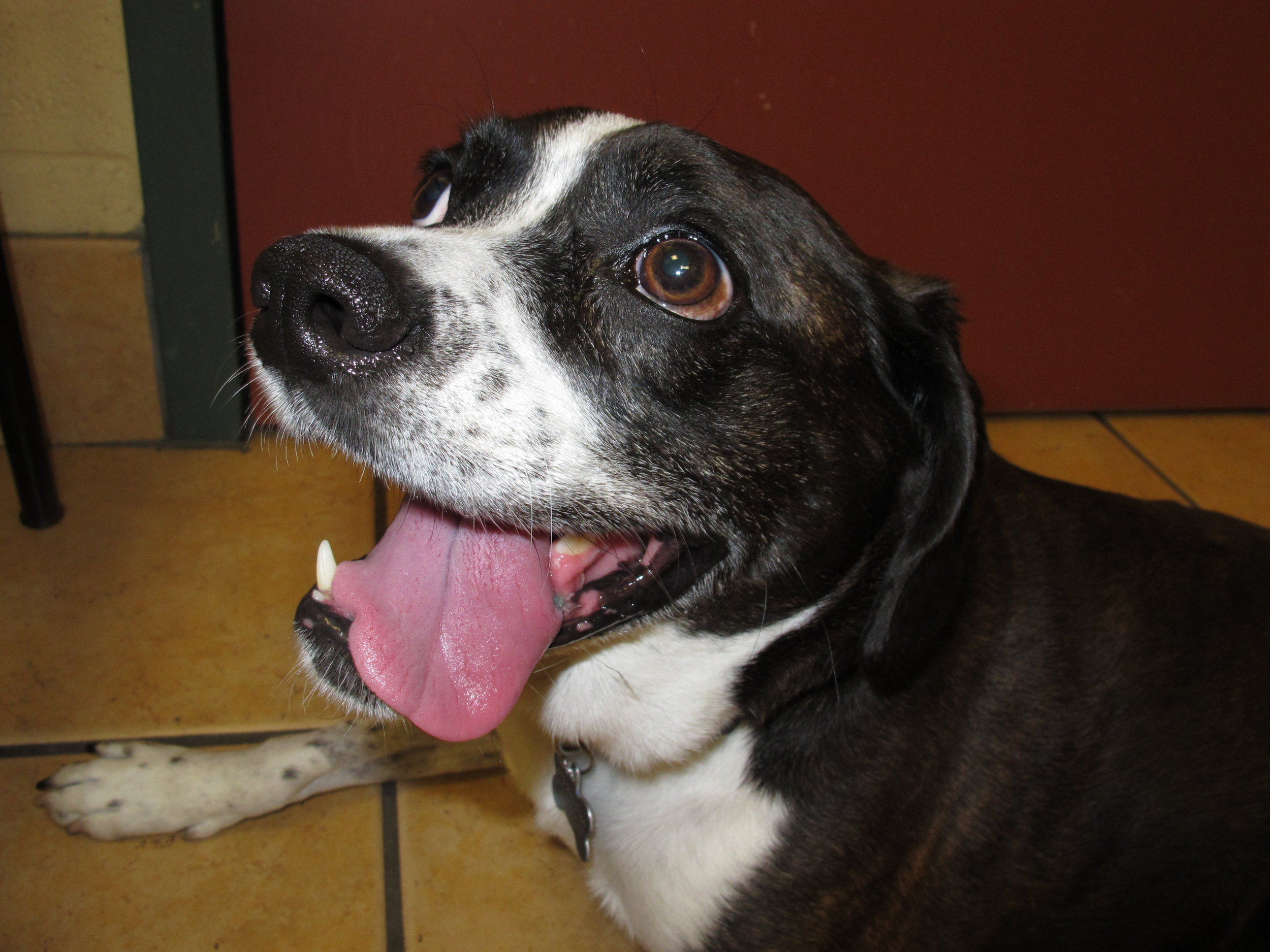
Last updated on 6th March 2017